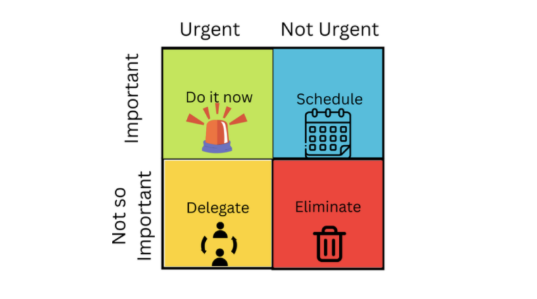College admissions are often focused on grades, test scores, activities and essays, with less focus on class rank. With rank being less of a focus, many wonder if the statistic truly matters.
What Class Rank Shows
Essentially, class rank is a way to depict how a student performs in comparison to the other students of the same class. According to the College Board, it is determined by a student‘s Grade Point Average (GPA) and may take into consideration the difficulty of the course, for instance, whether a course is honors or AP level may play a factor in class rank. Mr. Stefan Little, an American History teacher at Green Hope, explained how, “Class rank can show how well a student is doing compared to peers, but it doesn’t tell the whole story. A number doesn’t capture work ethic, growth, or unique strengths.” His argument implies that ranking can only reveal one side of a student‘s multidimensional character.
Why Class Rank Still Matters in Some Cases
Although class rank may not be the most important factor considered by colleges, it can be influential. Colleges will use class rank to differentiate 2 students who may have somewhat similar statistics, but may have performed at different consistencies in order to distinguish one from another. For example, if two students have the same GPA, but one is ranked first in a class of 400 while the other is in the middle, the admissions officers would probably look at the first student as the candidate who is more distinct than the rest. As Little noted, “America has always valued competition and achievement … Class rank reflects that cultural emphasis on measuring success and comparing individuals.” Desperate for a reliable, fast way of sorting out the candidates in schools where most students have high GPAs, impressive extracurriculars and high test scores, class rank serves as a helpful tool in differentiating students in their respective classes.
The Shift Away from Class Rank
Despite its benefits when it comes to quickly comparing students, many high schools opt to not include class rank in their reports. More than 50 percent of the high schools in the U.S. have abandoned the method of ranking their students and are, as a result, implementing honors systems such as cum laude, meaning with praise, or magna cum laude, meaning with great praise . Unhealthy competition that is fostered through ranking is one of the reasons. The College Board states, “Most small private and competitive high schools have done away with it because they feel it penalizes many excellent students who are squeezed out of the top 10% of the class and then overlooked by elite colleges.” Many colleges weigh GPA, the level of difficulty of the subject, and the students’ steadiness throughout the semesters more than a student’s ranking.
The statistics provided by NACAC in 2023 coincide with this statement. They recorded that class rank is only very important in 5.5% of colleges, while almost 30% claim that it is of no importance at all. In contrast, factors such as high school grades and overall GPA have been given much more importance, with 77% and 74% of the colleges respectively valuing them.
Looking at Students Beyond Numbers
The vast majority of colleges and universities have begun to evaluate students holistically rather than simply focusing on statistics. They consider essays, recommendation letters and extracurricular activities equally important, if not more important, than rank. A student who happened to be in the top 25%,was not afraid to take the most challenging courses and demonstrated strong leadership could still outperform a student from the top 5% who showed less initiative. When referring to this, Little explained how “Grades and rank only give a limited view of the range of talents. A student who is well-rounded is more likely to be a greater source of strength for the college community.”
Class rank may not be the top factor taken into consideration by admissions officers, but it can still play a role in competitive settings and should not be completely disregarded. Little wisely said, “Don’t let your rank be the main factor that defines you. A decade later, your class rank will be forgotten by everyone and it will be your character and what you did with your knowledge that’ll be remembered.” Colleges want students who bring more than just strong numbers— they want individuals who show growth, determination, and the ability to contribute in meaningful ways.





















































































